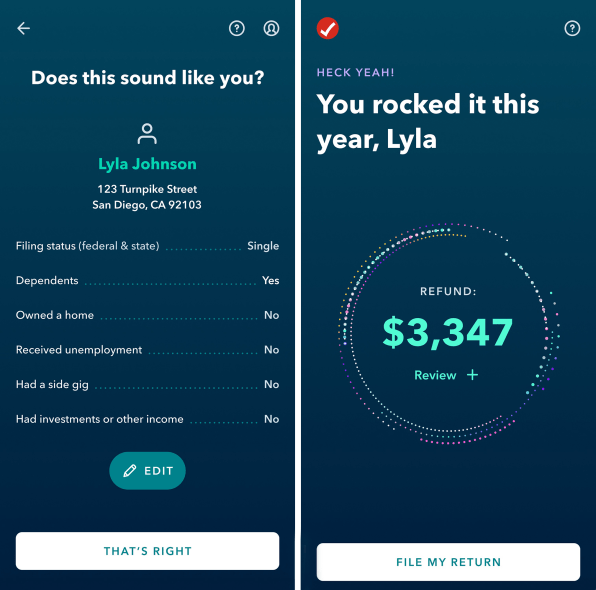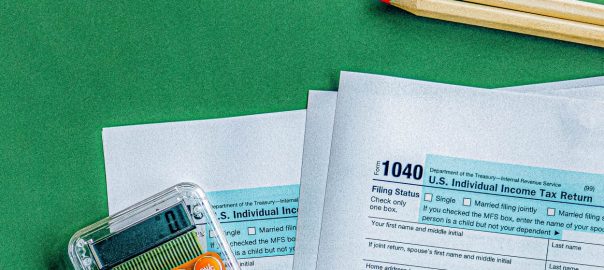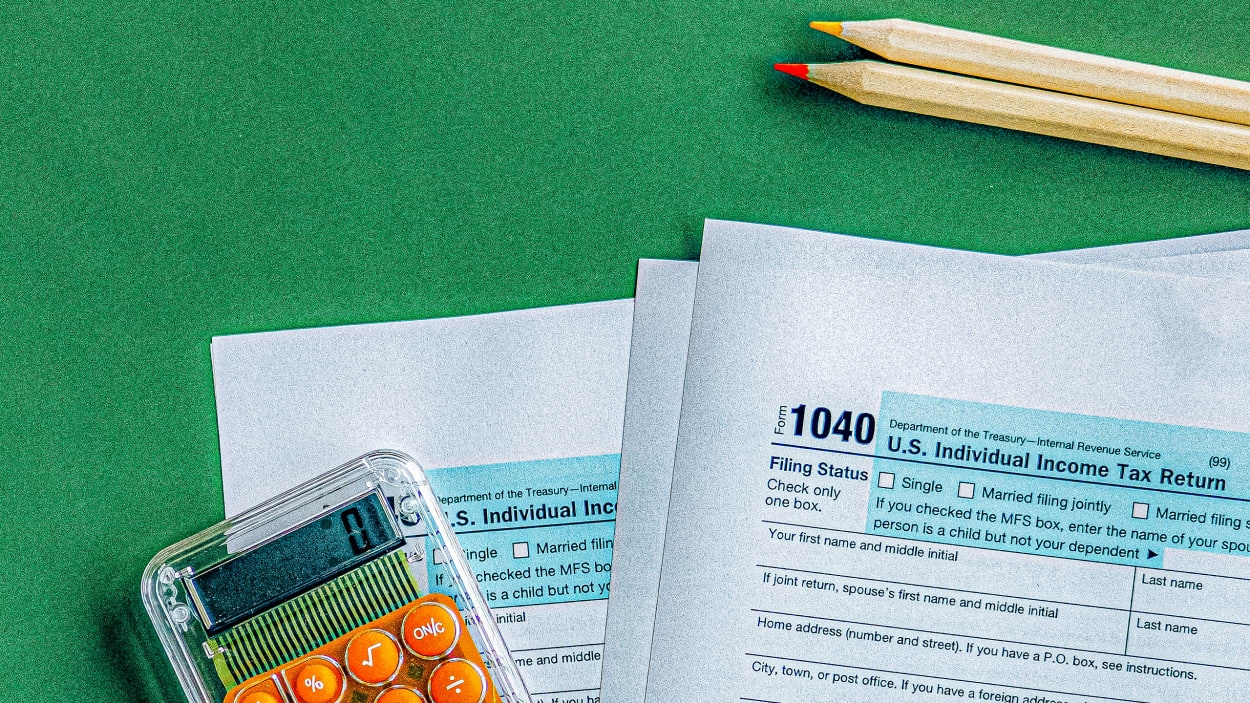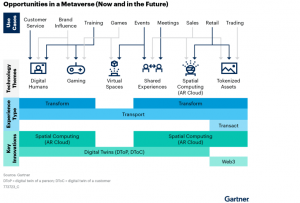By Sam Becker
As some industry leaders call for a “pause” on AI developments, many companies are going full-speed ahead, implementing new AI tech into existing products and services.
That includes TurboTax, one of the largest tax-preparation service providers in the country. TurboTax is experimenting with a new AI-driven “express lane,” which allows some customers to file their tax returns in as little as 10 minutes. TurboTax’s parent company, Intuit—which also owns QuickBooks, Mint, and Mailchimp—already utilizes many aspects of AI technology to facilitate operations for customers, particularly TurboTax users, says Varun Krishna, executive vice president and general manager at Intuit’s Consumer Group. But this new “express lane” option, he says, builds on top of the company’s existing AI infrastructure to significantly speed up the filing process for certain customers.

“We had a bold goal,” Krishna says, “to build a totally reimagined experience.” He explains that the new AI-powered filing option essentially takes the traditional TurboTax experience and “compresses it to a couple of questions, and then you’re done.”
The new service is still in an experimental phase, and being rolled out to existing TurboTax users with relatively simple tax situations—meaning that they likely have a single W2 to process and no major life events that may change their filing status. For those taxpayers, for which TurboTax already has data and personal information to reference, the new “express” option will “only ask the relevant questions that apply to them, then leverage AI, automation capabilities, and machine learning to dramatically reduce the amount of work they need to do to file,” Krishna says.
So far, it’s been met with praise from most customers, according Krishna. On average, customers have been able to file their tax returns in 11 minutes—from their phones. Krishna says that there are even some people who’ve managed to complete the process in as few as three or four minutes. More than 90% of the TurboTax customers who’ve used the express option are younger—members of either the millennial or Gen Z generations—and Krishna says that they’ve mostly given the offering a thumbs-up.
“They appreciate the speed and simplicity,” he says.
Overall, Intuit tells Fast Company that it processed 47 million U.S. tax returns last year, and $113 billion in tax refunds. It feels that the new AI-powered express option could help it attract even more tax filers, struggling with the stress of navigating an opaque tax code. While there are always going to be people who need to go to a flesh-and-blood accountant for tax-prep services, giving potentially millions of Americans the ability to file their taxes with almost no effort is likely to give Intuit an edge in the tax-prep market—which, globally, could amount to a nearly $45 billion industry within a decade.
While there are other companies offering AI-powered tax-preparation services, such as AiTax or FlyFin, those companies lack the institutional history and resources of Intuit. Plus, with a huge existing customer base, it may be relatively easy to sway some customers to an almost exclusively AI-powered preparation service, giving Intuit yet another advantage.
It may be another couple of years before the new service sees a broader rollout, but Krishna says that the plan is for the express option to become a fixture of TurboTax’s broader service options. And from there? He sees it becoming even more sophisticated, potentially being able to work with customers who have more complicated tax situations.
“We’re excited about it,” he says. “We’re relentlessly trying to innovate, and we’re not done yet.”
(17)
Report Post





